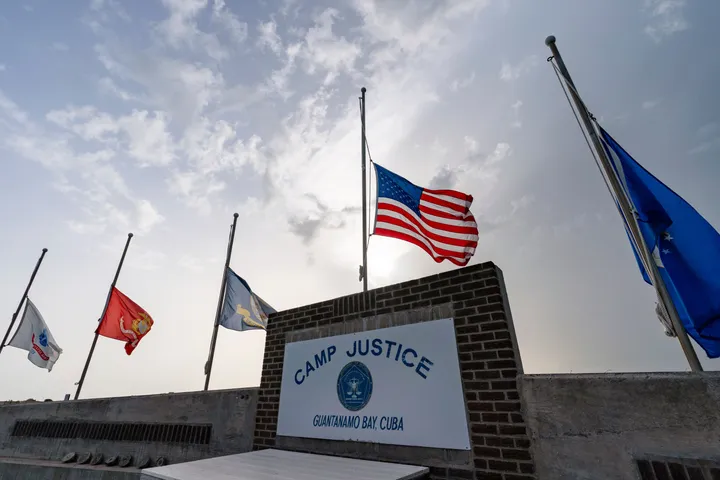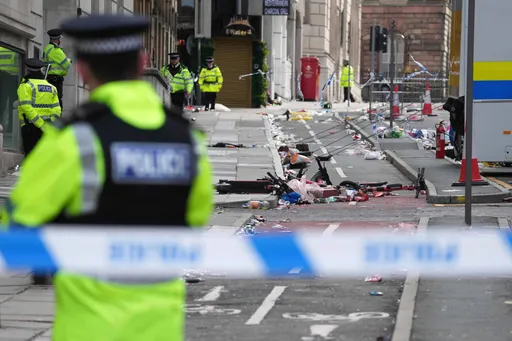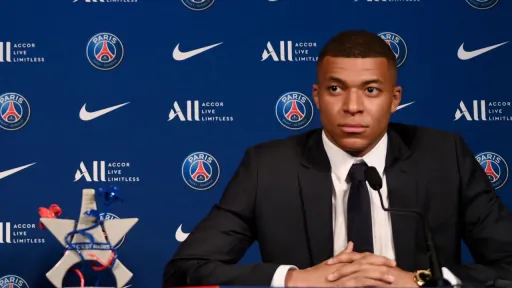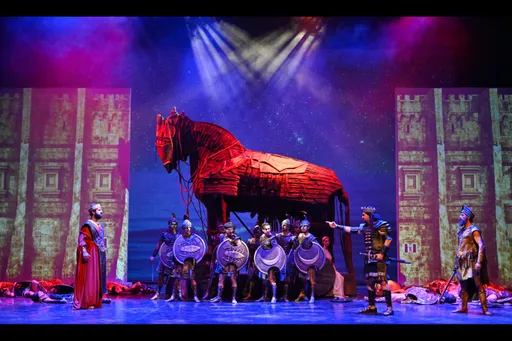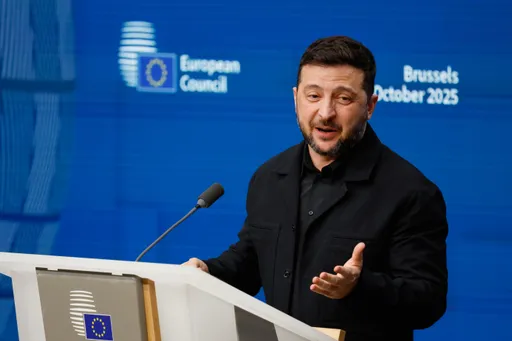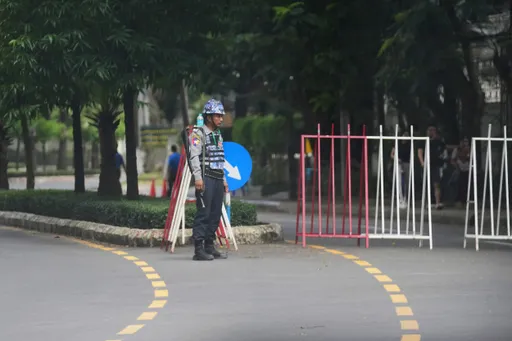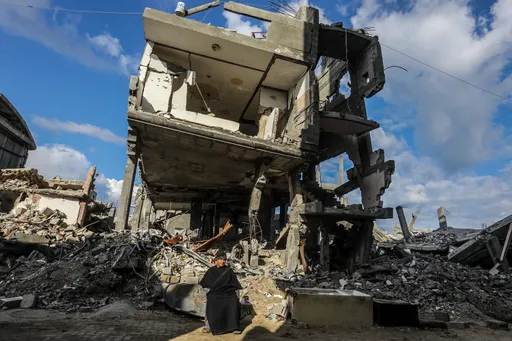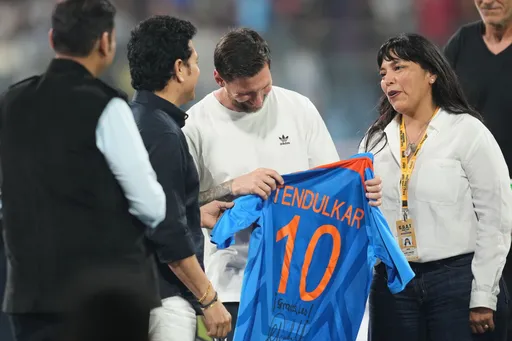"We were electrocuted enough to supply Egypt for 20 years. Give me a taser, and I’ll make someone confess that he killed Sadat,” said one of the nine men executed last week in Egypt on charges of killing the country’s prosecutor Hisham Barakat in 2015.
Human rights organisations condemned Egypt, saying that executions marred by torture allegations were a testament to the magnitude of injustice in the country andthat torture is “practised systematically” in Egypt following a 2013 military coup in the country orchestrated by now-president Abdel Fattah el Sisi, a former army chief.
The coup toppled Egypt's first democratically elected president Mohammed Morsi, who was elected after the 2011 uprising that lead to the ouster of autocrat Hosni Mubarak.
Less than a week after, however, Sisi welcomed leaders and representatives from 20 European countries for a two-day summit at the Red Sea resort city of Sharm el Sheikh to strengthen Arab-European ties and discuss Egypt’s role in preventing migrants from leaving its shores for Europe.
No country set to attend the summit picked up the issue or withdrew from the conference in reaction, posing the question of whether the European alliance is endorsing Sisi’s policies.
Is Europe's turning a blind eye to human rights concerns for its own benefit?
For Anthony Dworkin, a senior policy fellow at the European Council on Foreign Relations, said the desire to lock in continued assistance with Europe’s short-term migration concerns in exchange for the recognition of treating Arab leaders as valued partners remains part of the rationale for the occasion.
European leaders have been seeing Egypt as an alternative solution to reduce migration flow from Africa since they agreed to enter talks with the Sisi presidency in September of 2018.
In the same year, Egypt issued over 600 death sentences and executed at least 32 people, according to the Egyptian Initiative for Personal Rights.
Two months after the European leaders agreed to carry out in-depth cooperation with Egypt, the European Parliament adopted a resolution on human rights violations in Egypt and called the government to end its crackdown on freedom of expression.
The European Parliament also demanded the government cease applying the death penalty – a request that hasn’t been implemented by the Egyptian government. That, however, didn’t prevent the EU from participating in the summit.
Drowkin, ahead of the summit, wrote in an article for the European Council on Foreign Relations that the event now looks more like a potential embarrassment for the EU and the European leaders due to attend.
“A few months ago, in a spirit of realism, fraternising with a group of largely authoritarian Arab leaders seemed like a price worth paying in light of the strength of European voters’ concerns about migration and other issues,” he said.
“... the fact that the host, Sisi, appears on the verge of securing an additional 12 years in power through an amendment to the Egyptian constitution also provides an unfortunate context for the event."
The amendment could allow him to stay in power until 2034.
But for some, the EU-Arab summit is also sending a clear international message: Whatever Sisi does, he won’t lose his legitimacy in Europe’s eyes.
Turkish presidential spokesperson Ibrahim Kalin criticised the EU for “being complicit in this crime” and taking part in the summit.
“Sisi executes nine young people (and others, altogether 46) and you still attend the EU-League of Arab States summit in Egypt?” he said in a tweet that also mentioned the President of the EU Commission Jean-Claude Juncker, President of the European Council Donald Tusk and the High Representative of the EU for Foreign Affairs and Security Policy Federica Mogherini.
“Where are your values and principles? Shame on you all,” he said.
The Guardian’s editorial team also commented on the summit as “embracing authoritarianism.”
Citing diplomats, Reuters reported that a carefully worded reference to human rights was included in a draft final declaration, while Assistant Secretary-General of the Arab League Hossam Zaki said human rights and democracy would not feature prominently in discussions.

